
The April 12 Annan plan to deal with Syria was intended to moderate the Assad government’s behavior by monitoring, a ceasefire, and negotiation. Upon hearing of this plan, my first reaction was, how could it possibly work? How are unarmed UN monitors going to stop a government that has shown minimal restraint?
To date, the plan is increasingly looking like a failure. The head of the observer force, Gen. Robert Mood, just announced that the teams would suspend (but not end) activities because conditions on the ground have gotten so dangerous as to put the monitors themselves at risk. So are there any prospects for monitors to make positive contributions to a situation like this? I’m going to briefly consider two possible pathways here.
One way monitors might work is through deterrence. A government might think twice about committing mass violence if it values its international reputation and fears retribution and its reputation being hurt as its actions are exposed to the world. Unfortunately, this scenario does not appear to apply to Syria–violence was committed both before and after the UN monitors. Even though news reports note that Annan is still holding out hope that his peace plan may succeed, rather than effective deterrence, most analysts would call this a deterrence failure. Deterrence has likely failed because the deterrent threat was not credible—at the outset there was not enough consensus among the parties to act with coordination and sufficient pressure.
However, deterrence, or better put, immediate deterrence, may not be the ultimate path through which Annan’s monitors affect the course of the conflict. In an alternate pathway, monitoring may instead end up building consensus for further countervailing action. If monitoring does not immediately stop the fighting itself, by extending the olive branch and giving the transgressor (in this case, Syria, although the opposition is also a belligerent) a chance to show restraint, the (impartial) UN monitors may at least provide a signal that exposes the transgressor for what it really is to the outside world. The monitors help draw a line in the sand–a line not to be crossed.
One could point to this kind of process in the civil war in Colombia. In 1998, President Andres Pastrana agreed to a ceasefire and negotiations with the FARC insurgents, ceding large swaths of territory to the rebels. Negotiations broke down four years later, by which time the FARC had used the safe haven to re-arm, and this controversial move was seen as a failure. However, the FARC’s transgressions in the face of the government’s olive branch revealed them to be ruthless fighters, rather than diplomatic revolutionaries. This galvanized the public and created additional political support for building up the military and for more aggressive counterinsurgency measures.
In the case of Syria, the holdouts, Russia and China may be the objects of the monitor-induced consensus-building. In a positive move, Russia and China voted along with the rest of the UN Security Council to condemn the Houla massacre after receiving reports from the UN monitors. But Russia and China have not yet supported further action against the Syrian government, and new information alone is not immediately likely to shift the actions of such countries with entrenched political preferences on the issue–at least not directly (especially since these countries can throw up their hands and claim ambiguity in who is to blame for violence given armed resistance by the opposition groups).
However, the monitors’ signals might still be able to indirectly influence holdout countries. Similar to colleague Barbara Walter’s argument that the Assad government’s violence against civilians may be designed to intimidate moderates and shift their support away from the opposition, the reporting of this violence might also mobilize moderate, fence-sitting countries that were standing back to begin pressuring the more powerful Assad supporters. This process resembles the cascade of reassurance that is a central part of models for protest and revolution within countries: as new information induces only slightly reluctant moderate countries begin to participate in pressuring Syria, they provide cover (or additional pressure) for more action-averse countries to take the “risk” of joining-in. Eventually this process may reach the most reluctant or recalcitrant countries (or their publics).
This model raises some important questions: who are the first-mover moderate countries? Will they be induced to act, and when? How many countries have actually been induced to act since Annan plan, and did they (will they) shift due to the Annan plan’s monitors, or just the blatantly increasing intensity of conflict? Which of these countries might pressure the holdouts, Russia and China? And, would the withdrawal of these countries’ support to the Assad government actually work to moderate its behavior?
Whether nations will be galvanized and able to act is not yet clear, but the signals from news reports and UN monitors increasingly are, now that they themselves have become threatened. The next step will be what to do with any eventual consensus that arrives. Given the general distaste for intervention a New York Times editorial last week called for “comprehensive sanctions,” but would these punishments be enough? Or would other options be required? This will certainly be examined in future posts on this blog. In the meantime, as these questions are resolved they will help determine whether or not monitors really are a win-win policy that produces either successful deterrence or a broader consensus for more powerful actions.

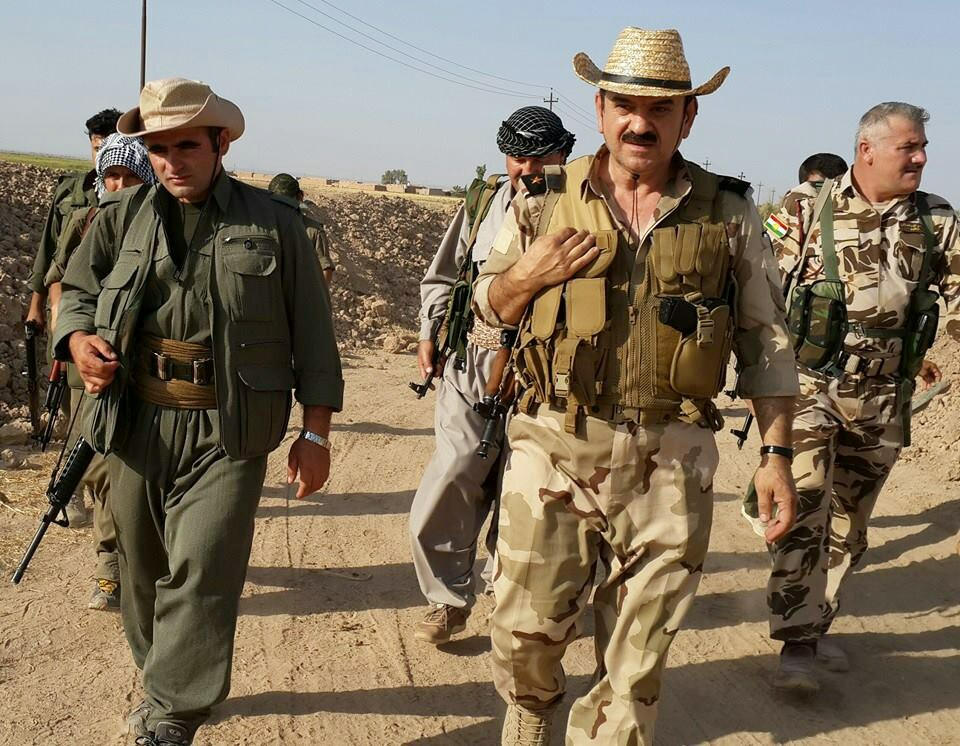
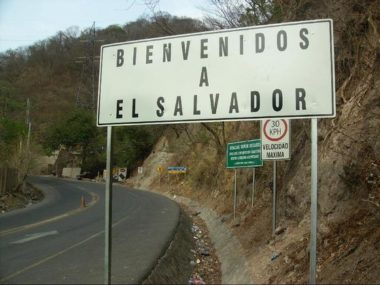
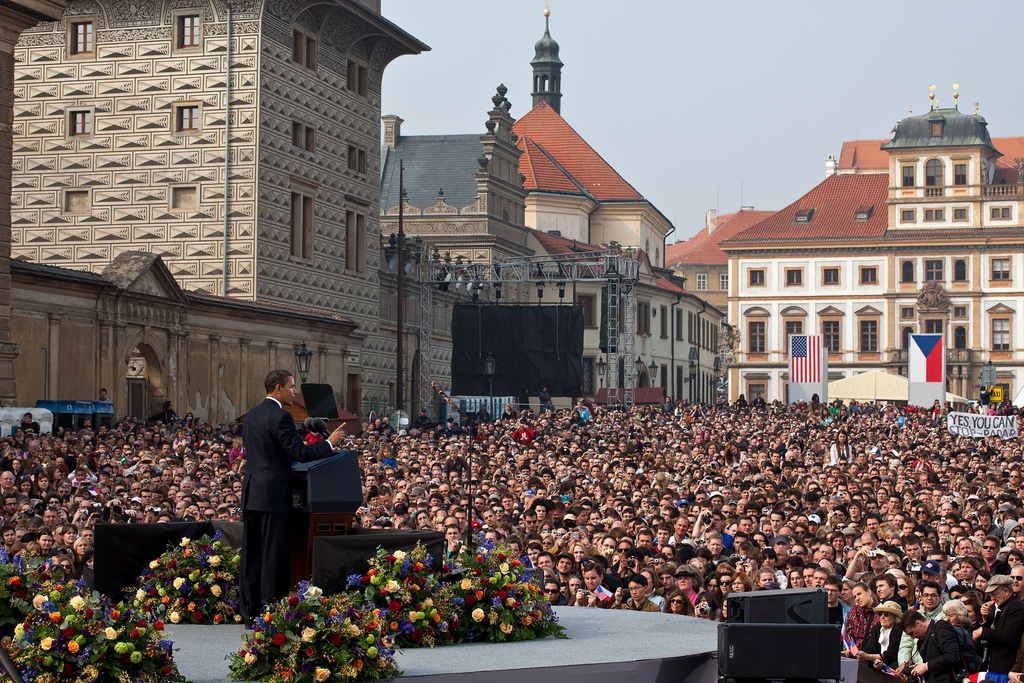
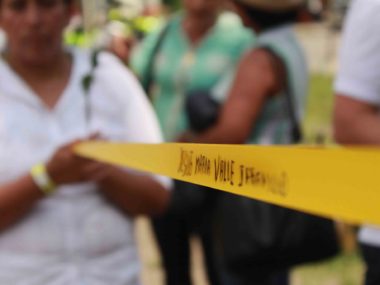
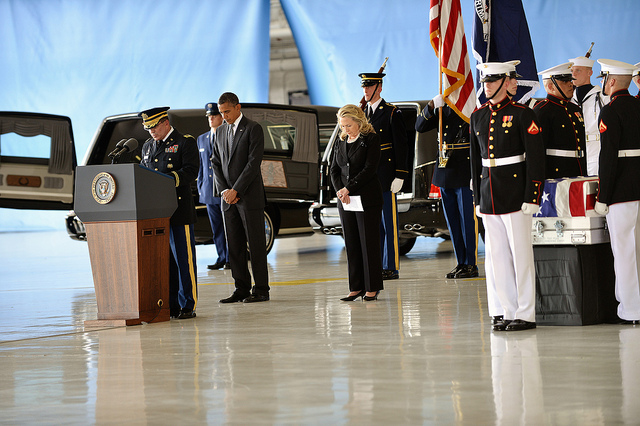

0 comments
Very interesting argument. I agree with you in that too much hope has been placed on the UN monitoring mission in Syria. I also find your argument of the participation of moderate countries compelling. I recently wrote a post (which you can find in this link http://adanesuazo.wordpress.com/) where I envisioned a scenario where Iran played an active role in the peace process as a mediator, mainly in an attempt to thwart Russian and Chinese vetoes at the Security Council. I dare to say that Iran is far from being a moderate country, but could we argue that, given its position in this conflict, that it could potentially play an important role in opening the door for a mandate under chapter 7 of the UN Charter?